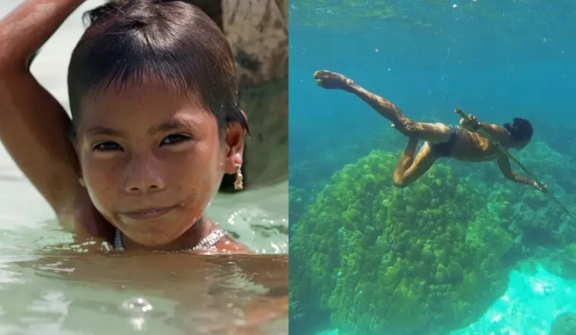
These remarkable sea nomads, residing in the Andaman Sea's archipelagos, rely entirely on the ocean for sustenance, utilizing simple tools like nets and spears to forage for food.
As a result of their unique lifestyle, Moken children have developed the skill of changing the shape of their eyes to adapt to the aquatic environment, similar to seals and dolphins.
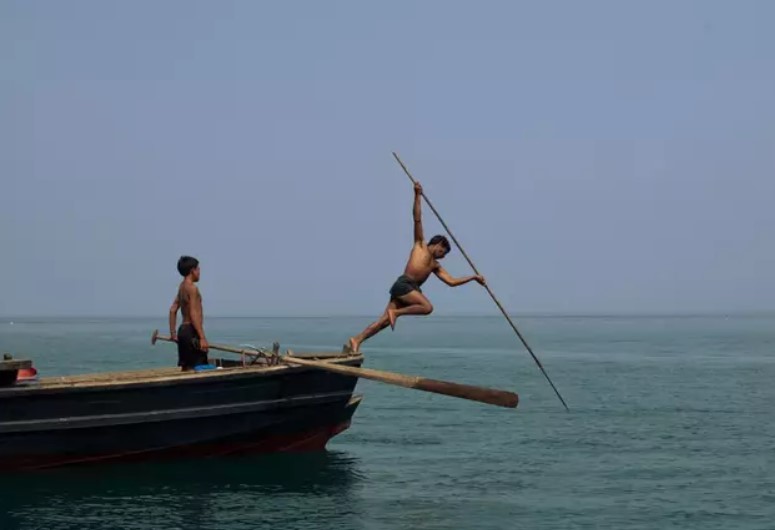
The discovery of this fascinating phenomenon dates back to 1999 when vision researcher Anna Gislen from the University of Lund in Sweden noticed the Moken children's exceptional underwater vision.
In contrast to the usual blurry vision experienced by individuals underwater, the Moken children could make their pupils smaller and alter the shape of their lenses, allowing them to see with remarkable clarity.
This adaptation is akin to that observed in marine mammals.
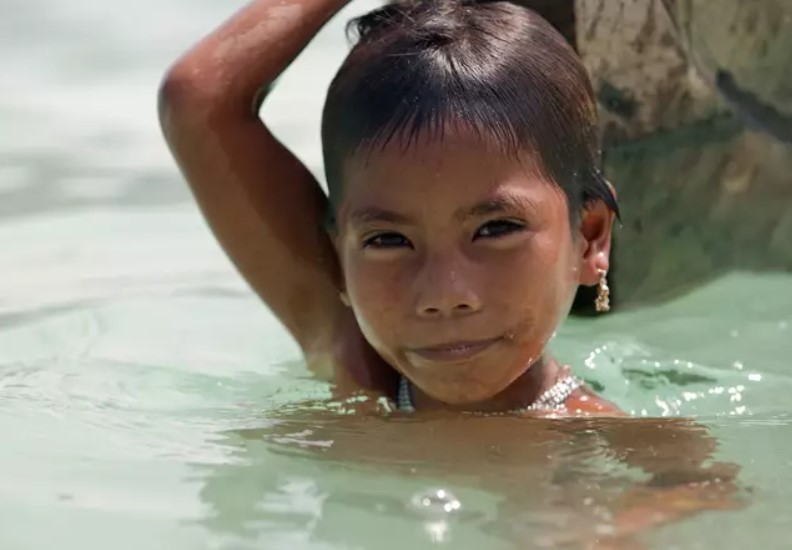
Captivated by this observation, Gislen conducted a series of training sessions with European children on holiday, aiming to test their capacity to acquire this skill.
During these sessions, the children dove underwater and attempted to identify patterns on cards.
As the training progressed, the patterns became increasingly challenging.
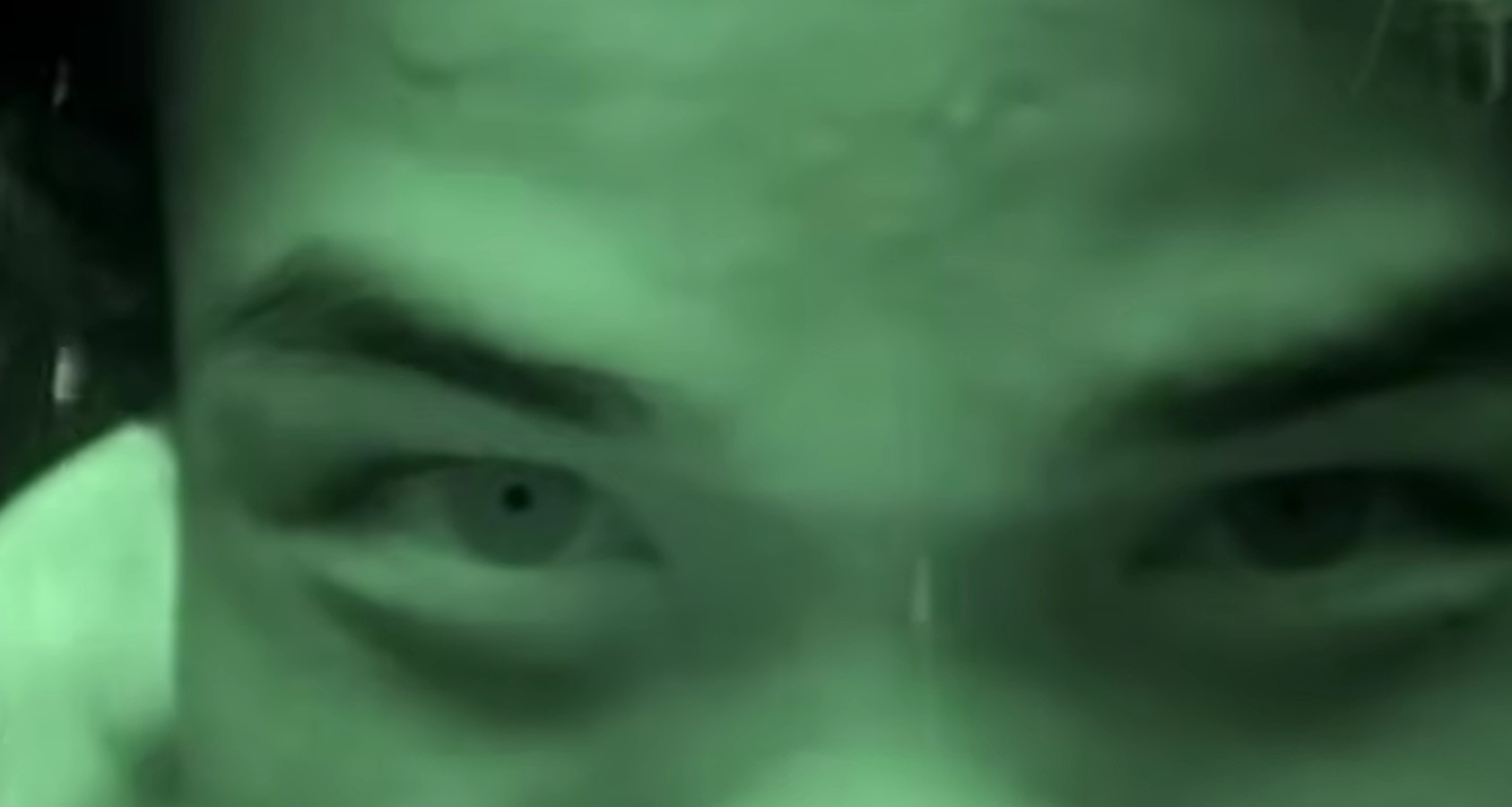
Finally, both the Moken and European children achieved the same level of underwater acuity after 11 sessions spread over a month.
Interestingly, the Moken children initially exhibited superior underwater vision but, over time, the European children caught up.
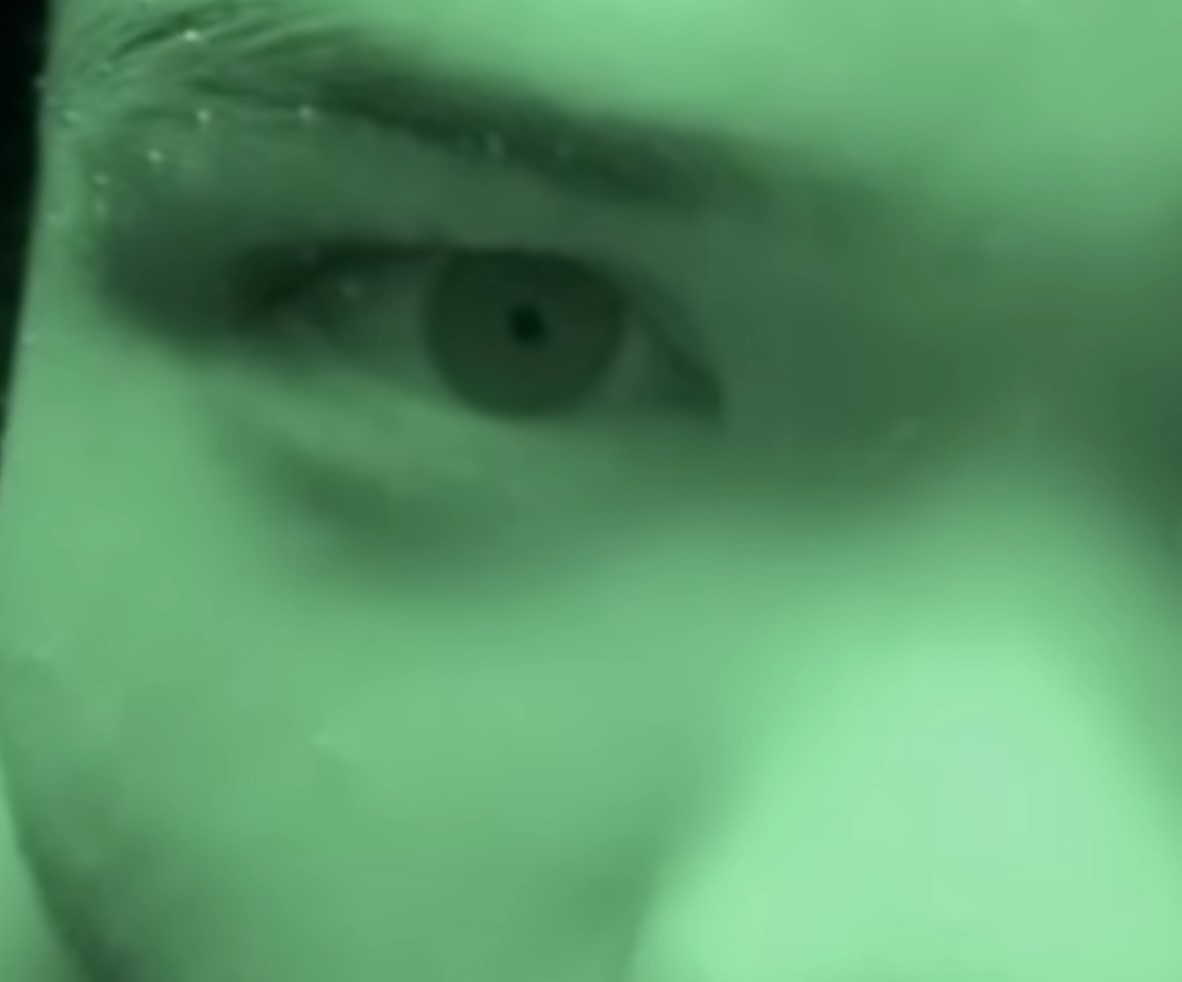
However, while the Moken children were able to retain this remarkable ability, the same could not be said for the adults.
Gislen found that the Moken adults will lose their "dolphin eyes" as they grow older and rely on spearfishing instead of diving for food. This decline in vision is attributed to the lens becoming less flexible with age.
In subsequent research, Gislen made an intriguing observation: European children were able to retain their capacity to constrict their pupils and adjust their focus even after four months without engaging in any underwater activities.
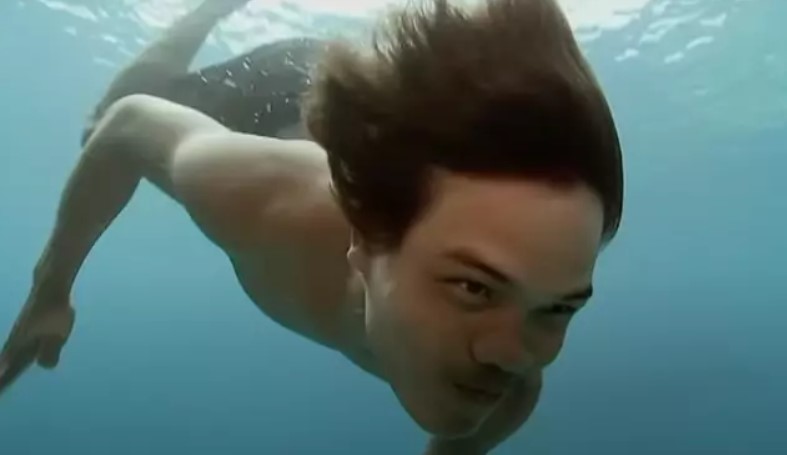
This discovery implies that individuals can sustain this distinctive visual adaptation through regular and continuous practice.
Unfortunately, due to changes in the Moken people's lifestyle, it is unlikely that future generations will inherit the "dolphin eyes" of their ancestors.
With reduced time spent in the sea, the extraordinary vision of these sea-nomad children may become a thing of the past.




